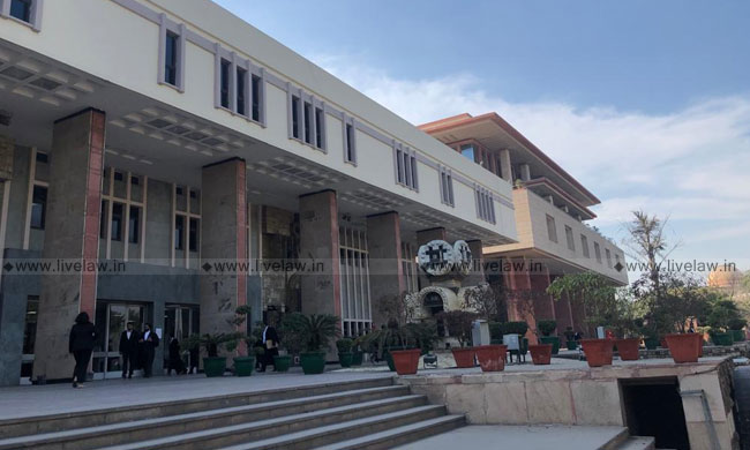1994 Arbitration Reference, 2021 Award, Becomes Rule Of The Court Under Arbitration Act, 1940 In 2022
Parina Katyal
6 April 2022 10:25 AM IST

Next Story
6 April 2022 10:25 AM IST
One of the long pending Arbitration proceedings have come to a logical conclusion by making the arbitral award 'the rule of the Court' under the old Arbitration Act, 1940. The Delhi High Court had made the arbitration reference way back in 1994, but the arbitral proceedings took an inordinately long time to complete with the constitution of the Arbitral Tribunal being changed a number...
